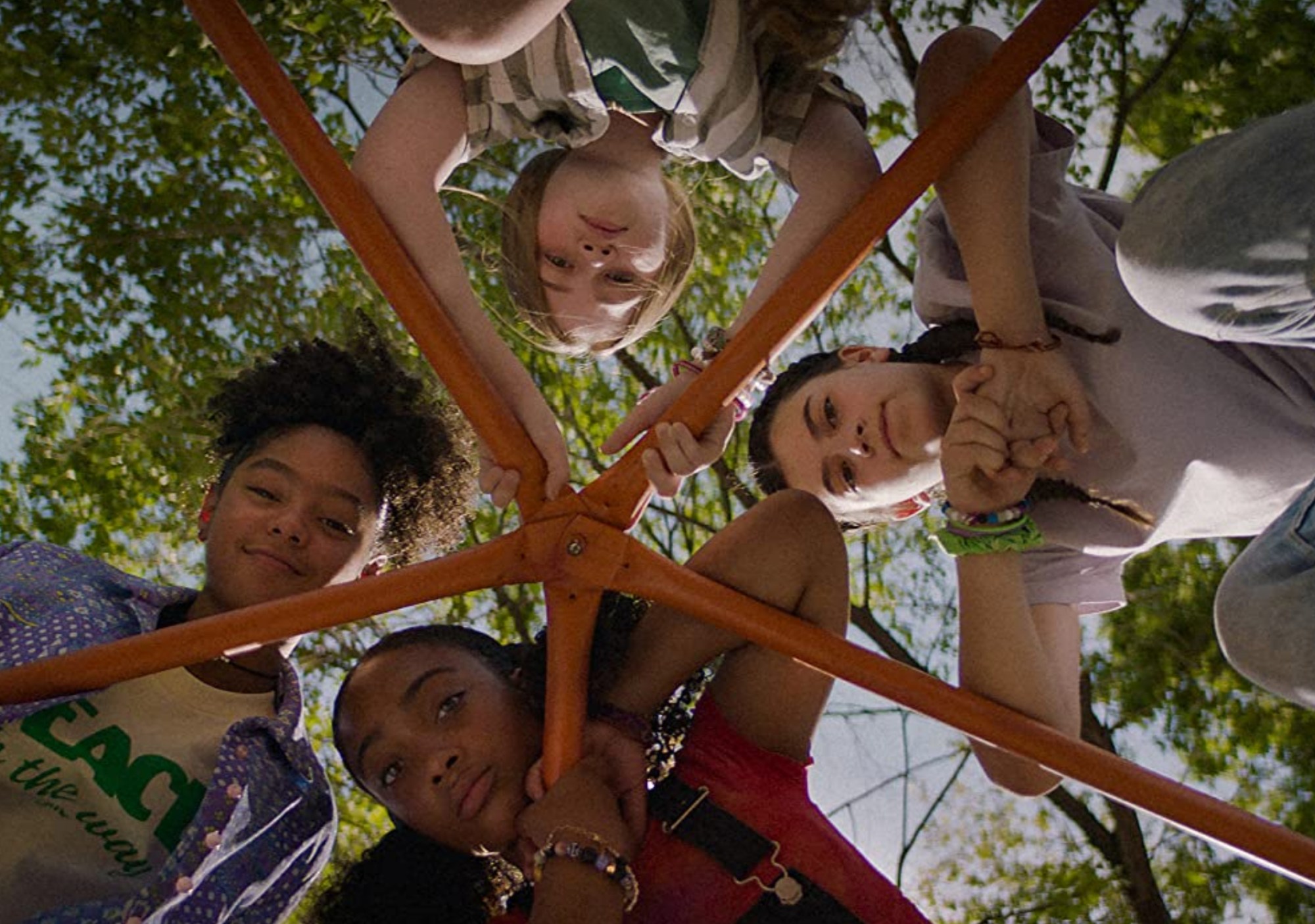
- Festivals
Sundance 2022: Coming-of-Age Drama “Summering” Offers a Shift in Perspective
Writer-director James Ponsoldt is no stranger to the Sundance Film Festival. His debut feature, Off the Black, premiered at the festival in 2006. Six years later, the alcoholic relationship drama Smashed, starring Mary Elizabeth Winstead and Aaron Paul, picked up a U.S. Dramatic Special Jury Prize for Excellence in Independent Film Producing. In 2013, Shailene Woodley and Miles Teller shared the Special Jury Award for Acting for their lead turns in The Spectacular Now. Two years later, Ponsoldt was back in Park City, Utah, with The End of the Tour, a drama about writer David Foster Wallace starring Jason Segel and Jesse Eisenberg. Of his six feature films, only 2017’s The Circle didn’t debut at Sundance.
His latest effort, co-scripted with Benjamin Percy, is the coming-of-age drama Summering, starring a cast of young newcomers (Lia Barnett, Eden Grace Redfield, Sanai Victoria, Madalen Mills) alongside a few recognizable adults (Megan Mullally, Lake Bell, breakout viral comedian Sarah Cooper). The movie, an ambling adventure with a nostalgic DNA connection to popular questing-kids movies of the 1980s, follows four best friends as, on the last weekend before their first day of middle school, they make a grisly discovery in the woods and attempt to resolve the mystery it presents.
“I think a lot of my perspective on films, filmmaking, filmgoing, and life, in general, changed when I became a parent. I have three kids, and with Summering, I hoped to make a film where my daughter could see herself and her friends depicted realistically,” said Ponsoldt during the Q&A session following his movie’s debut. “I wanted to dignify their emotional inner lives, their fears, their anxieties, their hopes. When I was a kid, a young, nerdy filmgoer in the 1980s and ’90s, there were a lot of, I think, coming-of-age stories about friendship, loss, grief — films like Stand by Me. But they were always through the lens of a boy’s experience, and I wanted my daughter to be able to see herself in a story and not have to project herself onto a male narrative.”
“I think as the world has shifted in the past couple of years, we’ve really been thrown upside down,” continued Ponsoldt. “I think a lot of those questions we’ve had — will things return to normal, am I okay, are you okay, what is tomorrow going to be like — I’ve found myself and my wife consistently having these conversations with our kids. I think all of us have been having these conversations, and my hope is that these conversations are alive inside the film.”
To that end, Ponsoldt and Percy leaned into writing in a manner that rather faithfully captures the developing minds and personalities of its young protagonists — when silly and digressive conversations about nothing can fill the time, and foregrounded feelings are sometimes stated in fairly plain ways. “This is a very specific time that we wanted to depict,” Ponsoldt admitted. “These are kids that are about to enter middle school. By my estimation, which is very subjective, sixth and seventh grade are like the seventh pit of hell, and you’re on a sprint to adulthood. But when you’re a kid, I think the fear of losing your best friends might be more front-of-mind even than death, until you encounter it. And the way that we process things as a child is our imagination — we all have wonderful imaginations as children, we’re all artists.”
To explore this time period and tell this story, Ponsoldt would lean on his long relationship with the state of Utah, choosing to shoot Summering on location there. “I went [to the state] when I was a kid, rode a bicycle across it when I was in college. I’ve been to Sundance a bunch, and I just love the state, love Salt Lake City and Park City, and I think we wanted a place that felt both universal and specific,” he said. “We wanted a place where, without a heavy hand, you felt class in the world, and you felt like when you’re still young, not yet an adolescent, and you might use your imagination to process trauma, where you can get into a lot of good trouble very close to your home.”
Studding his film here and there with stylistic flourishes that spotlight the heightened imagination and fantastical flights-of-fancy of youth, Ponsoldt throws a warm, enveloping spotlight on the quotidian joys of sunsetting adolescence, before surging hormones and the creeping intrusion of real-world complexity deliver greater uncertainty and myriad other teenage complications. Summering’s evocations of “good trouble” are the type that can summon forth a warm smile of remembrance.

